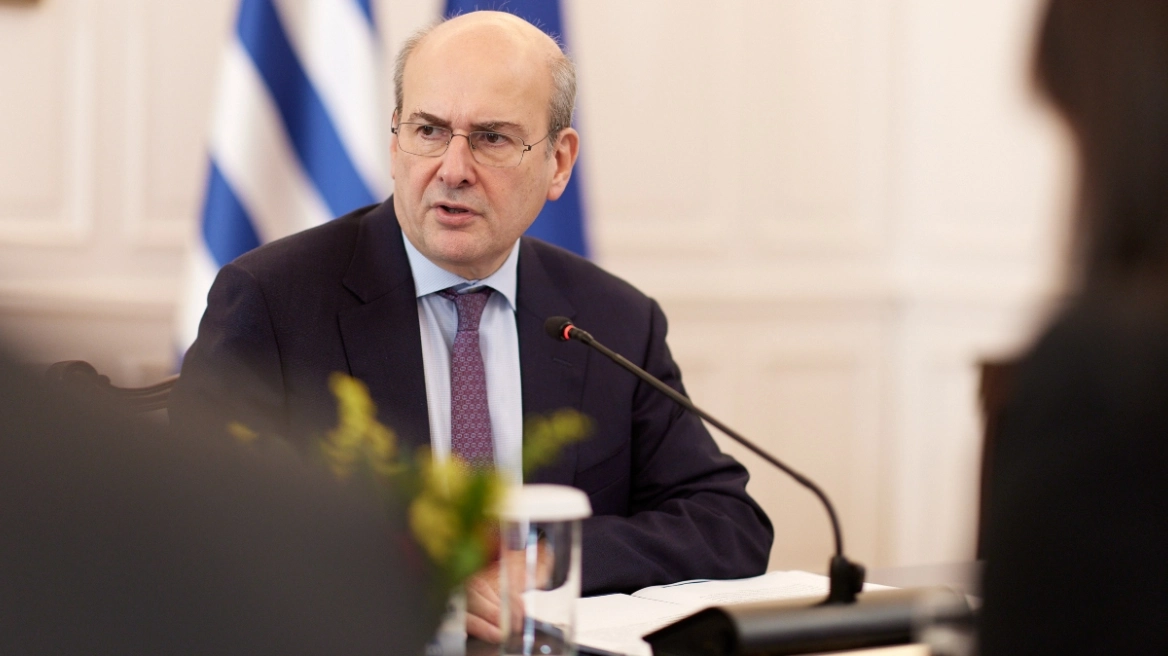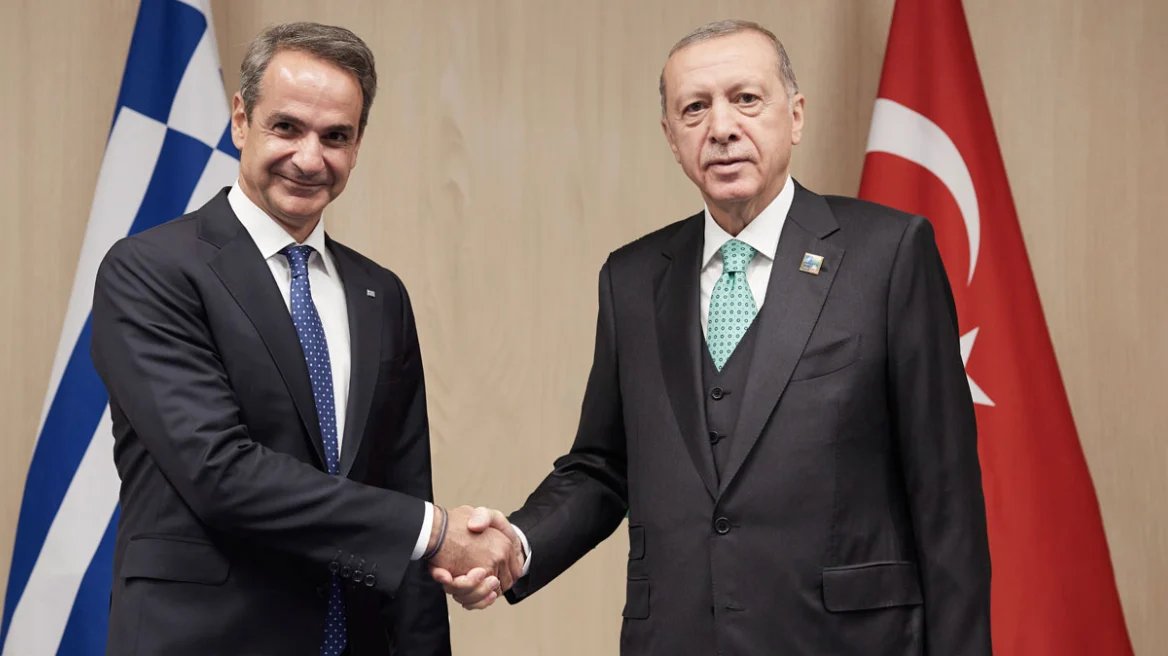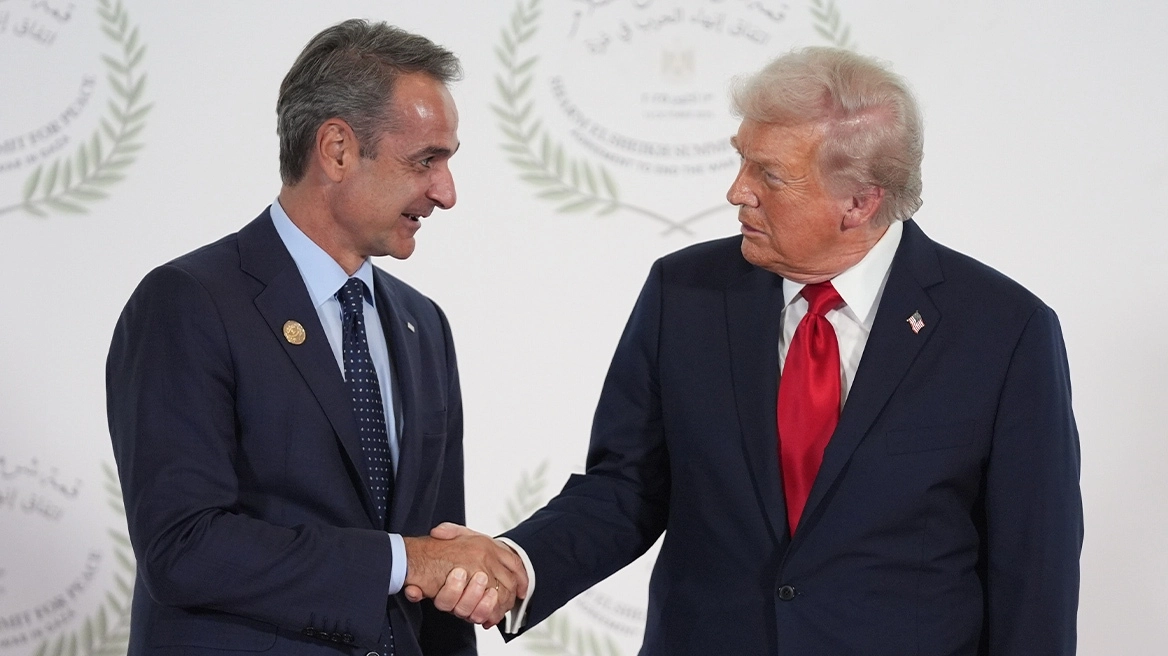“We have been spiraling deep down the rabbit hole since the Syrian civil war started in 2011,” a senior bureaucrat working for the security establishment told Al-Monitor. “We tried to mend bridges with Saudi Arabia, hoping to isolate Abu Dhabi — hoping that when the embargo against Qatar ends, we will continue on good terms with Riyadh.”
This conversation took place a few minutes after Numan Kurtulmus, deputy chairperson of the Justice and Development Party (AKP), made harsh comments on television Oct. 18 about the Saudi boycott of Turkish goods. “We just laugh at some countries’ boycotts and move on. They should first learn to exist as an independent country,” said Kurtulmus. This was the first official reaction to the unofficial yet quite caustic boycott led by Saudi Arabia.
Ankara is deeply worried about worsening relations with Saudi Arabia or becoming Riyadh’s new Tehran. Turkish President Recep Tayyip Erdogan, known for his perpetually choleric attitude, has treaded extremely cautiously around Riyadh.
France vows “won’t give up cartoons” as teens charged over teacher’s killing
Elon Musk says his city on Mars will have to pass this acid test
The economic impact of the boycott is likely to be felt in Turkey, as Riyadh’s sphere of influence easily reaches over to Morocco, Jordan, Egypt, the United Arab Emirates and potentially other Gulf countries. It also includes international brands, particularly but not only textiles, which are produced in Turkey. Saudi Arabia has asked its citizens and businessmen to cut all interactions with Turkey, from investments to tourist-related trips. In an already depressed economy, such a boycott could be harmful to some Turkish industries.
However, there are three other concerns that deeply worry Ankara’s suits about aggregated Saudi anger.
Ask me anything
Explore related questions





